Veggies You Should Grow To Replace Your Multivitamin
As an Amazon Associate and member of other affiliate programs, I earn from qualifying purchases.
Everyone knows that a diet rich in vegetables provides healthy calories, fiber, and vitamins. In fact, most people can get all the vitamins and minerals they need by eating healthy food they grow at home.
Someday, I hope we will grow more than vegetables at home. I plan on having chickens for eggs and meat. Maybe one day we can consider cows or pigs, but that’s a ways down the road.
Because I’m a total nerd, I thought it would be fun to explore why we need these vitamins and which foods are the best sources of each. So here goes…
Vitamin A
Also known as Beta-carotene, vitamin A is necessary for healthy vision, especially night vision, and the immune system.
- Orange colored veggies like sweet potatoes, carrots, and orange bell peppers are high in vitamin a
- Dark greens like kale are also rich in vitamin a
Lycopene
Although it is not an essential nutrient in our diets, lycopene is a carotenoid with powerful anti-oxidant properties. It can help protect against heart and artery disease, cancer, and premature aging.
- Lycopene is responsible for the red color of fruits and vegetables.
- It is most abundant in tomatoes.
- Also in watermelons, papaya, red carrots, and pink guava and grapefruit
Vitamin D
Vitamin D is vital for absorbing calcium and maintaining healthy bone structure. Our bodies make vitamin D when our skin is exposed to sunlight. Isn’t that cool!?
- Since we create most vitamin D from sunlight, there is not much in our food.
- It is highest in mushrooms, egg yolks, and dairy products.
Vitamin E
Vitamin E stops the production of free radicals in our body and can help protect us from cancer and cardiovascular disease.
- To get adequate vitamin E, spinach tops the list here, but any dark leafy green veggie will be rich.
- Also sunflower seeds and avocados
Vitamin K
Vitamin K is especially important in our ability to stop bleeding. It has an integral role in the clotting cascade.
- If you want to make sure you eat plenty of vitamin K, eat your dark greens.
- Kale, salad veggies, herbs, broccoli, and brussel sprouts
Vitamin C
Vitamin C is an antioxidant like vitamin e. But vitamin c helps us build collagen to make healthy skin, cartilage, tendons, even blood vessels.
- Get plenty of vitamin C by eating yellow bell peppers, tomatoes, citrus fruits
- Also summer squash,zucchini, and broccoli
B Vitamins
The B vitamins have a variety of essential functions including metabolism and making red blood cells. Those are kind of important.
Here I separated out the different B vitamins and listed foods that are highest in those.
- B-9, folic acid: greens, brussel sprouts, avocado, peas, lentils, beans, asparagus, oranges
- B-1, thiamin: beans, greens, peas, sunflower seeds
- B-2 riboflavin: spinach, mushrooms, broccoli, brussel sprouts, eggs
- b-3 , niacin: potatoes, peas, asparagus, avocados, beef, sunflower seeds
- B-5, pantothenic acid: broccoli, avocados, sweet potato, mushroom, eggs
- B-6 : potatoes, winter squash, sunflower seeds, pistachios, beef, avocado, spinach
- B-7, biotin: avocados, cauliflower
- B-12: eggs, beef, dairy, mushrooms (a little)
We need vitamins and minerals for normal body function.
Calcium
Calcium is essential for many body functions including muscle contractions, nerve signaling, and healthy bones.
- The most obvious source of calcium is from dairy products.
- Also the dark leafy greens like kale and spinach, okra, broccoli, and bok choi
Iron
We need iron in our red blood cells for oxygen transfer to cells, normal cell function and growth and development.
- Animal meats are the primary source of iron in our diets.
- Vegetarian options: pumpkin and sunflower seeds, beans, lentils, and beet greens
Potassium
Potassium is necessary for healthy cardiovascular function, digestion, and fertility.
- Healthy sources of potassium include beans, greens, and potatoes.
- Also Winter squash, avocados, mushrooms, and banana
Magnesium
Magnesium is essential for almost every function in our body including protein synthesis, muscle and nerve function, and blood pressure.
- Nuts and seeds are great sources of magnesium.
- Supplement your diet with pumpkin seeds, spinach, beans, avocados, broccoli, and banana.
We all know that healthy food equals a healthy body. I know that I feel better when I eat more fruits and vegetables, and it’s nice to know that I can grow enough at home to supply plenty of vitamins and minerals for my family.
Not that I’m super strict about my diet, but just substituting fruits for sweets and using veggies instead of crackers or chips makes a HUGE difference.
I still eat some fatty foods and indulge in an occasional adult beverage.
And that is okay. Because I also ate some broccoli. 🙂
Like I said, I’m a nerd, and I think it is pretty cool to think about growing food as growing vitamins.
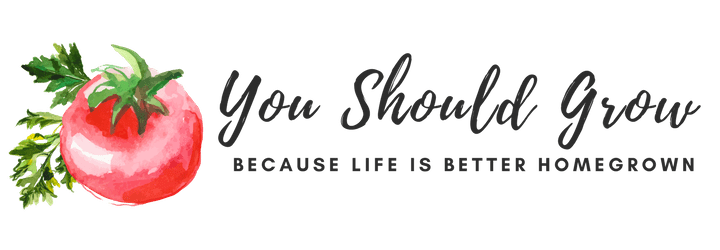

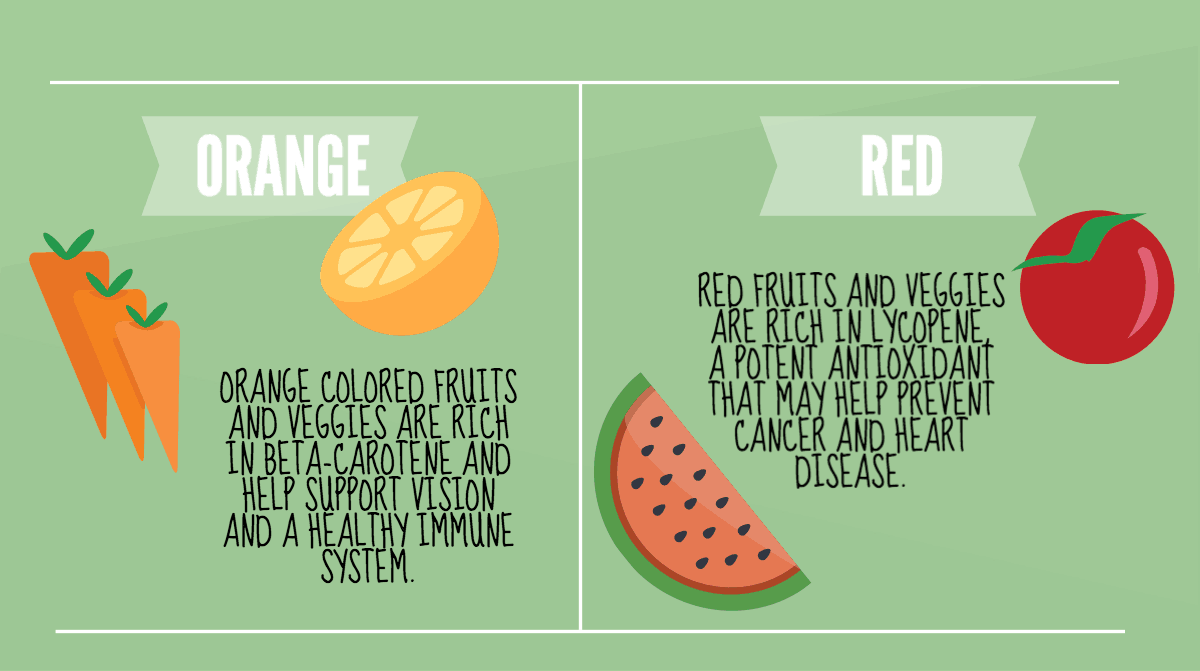
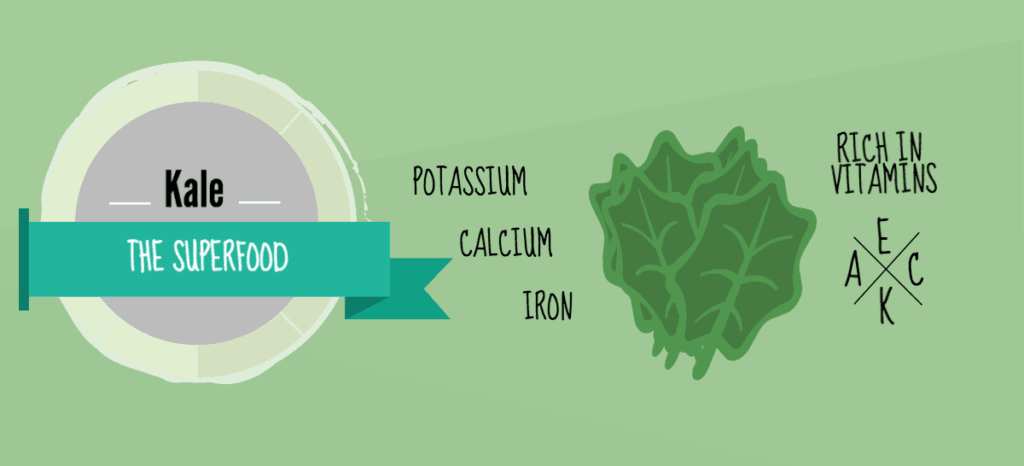
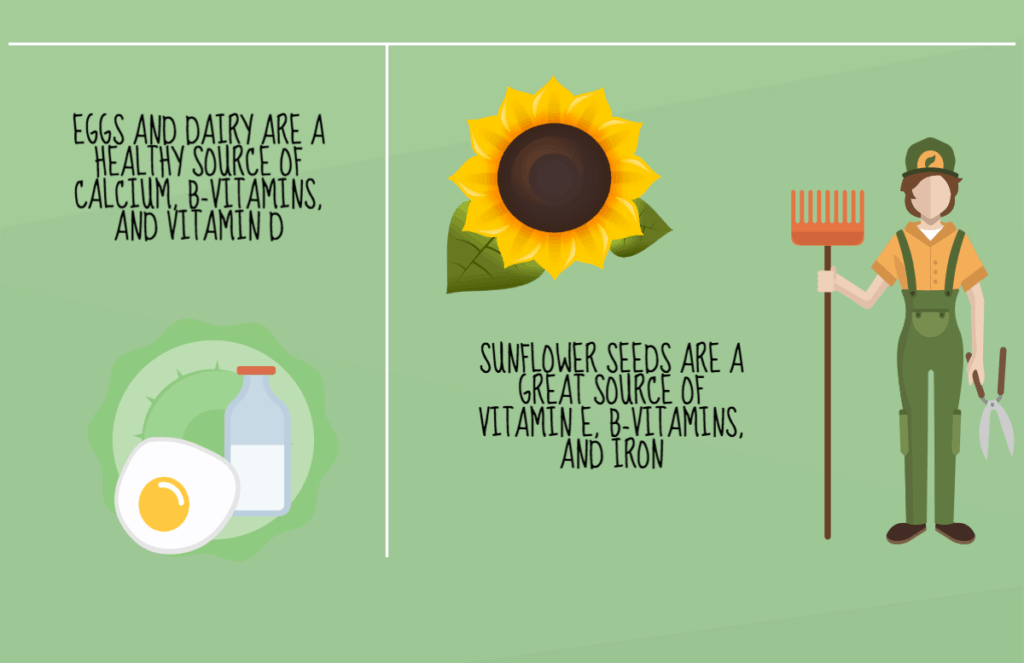

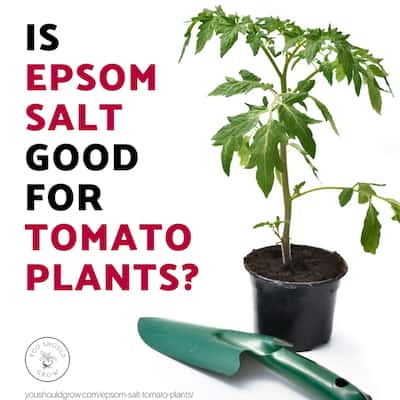
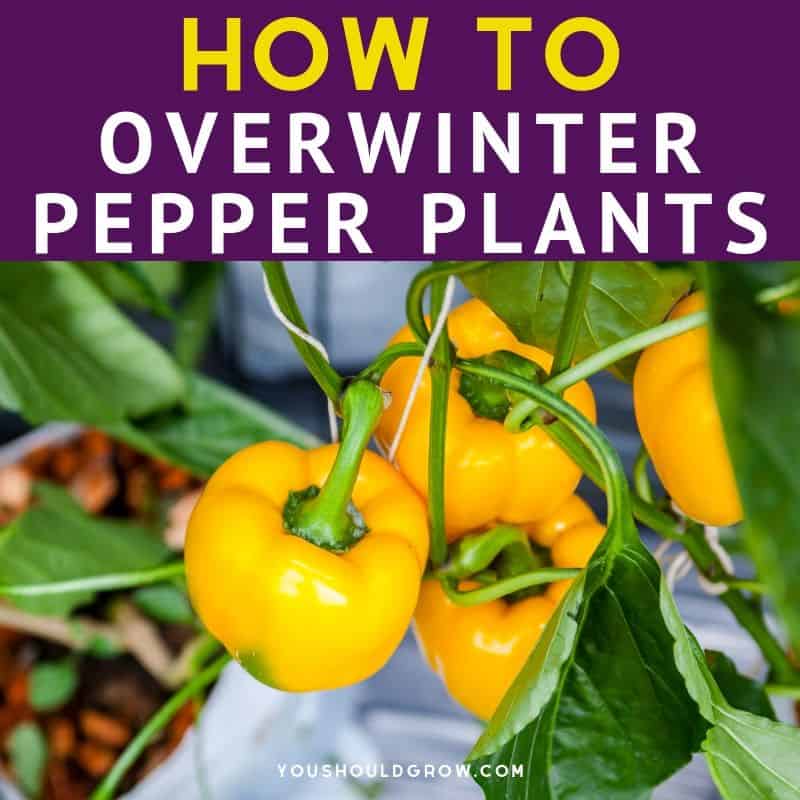
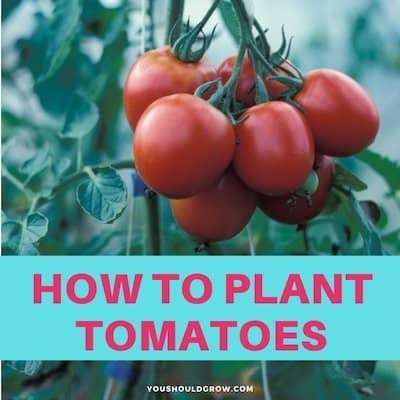
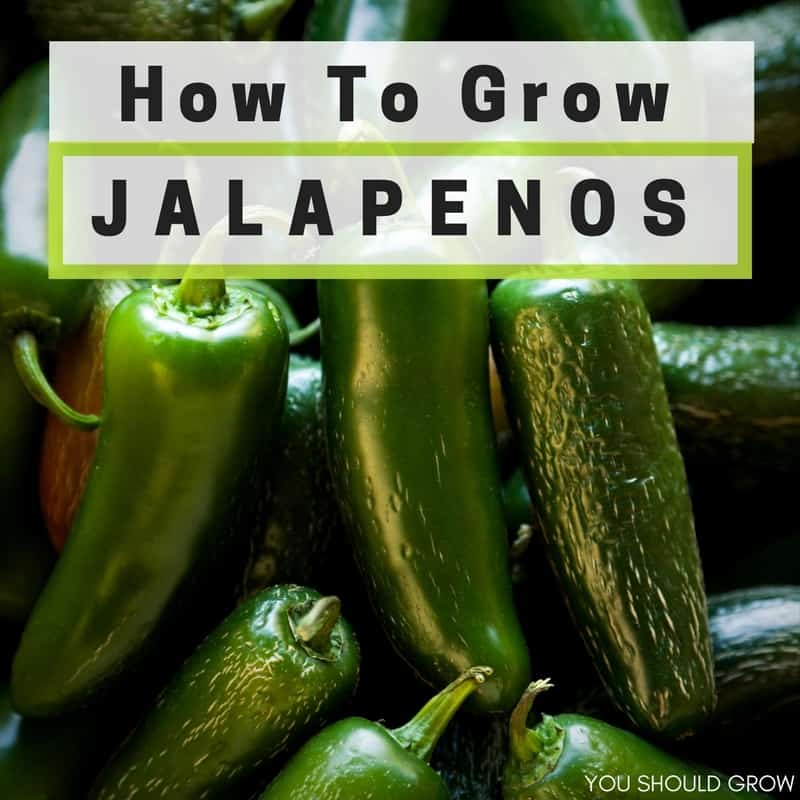
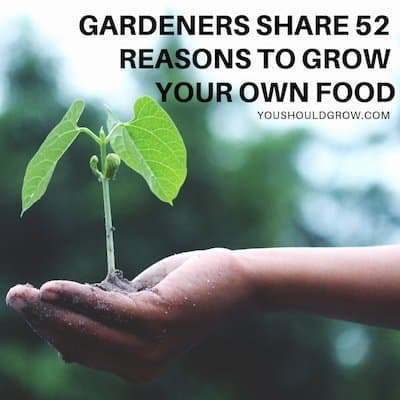

Thanks for your nice article on viatmins
Regards
webster
Thanks, Webster. 🙂